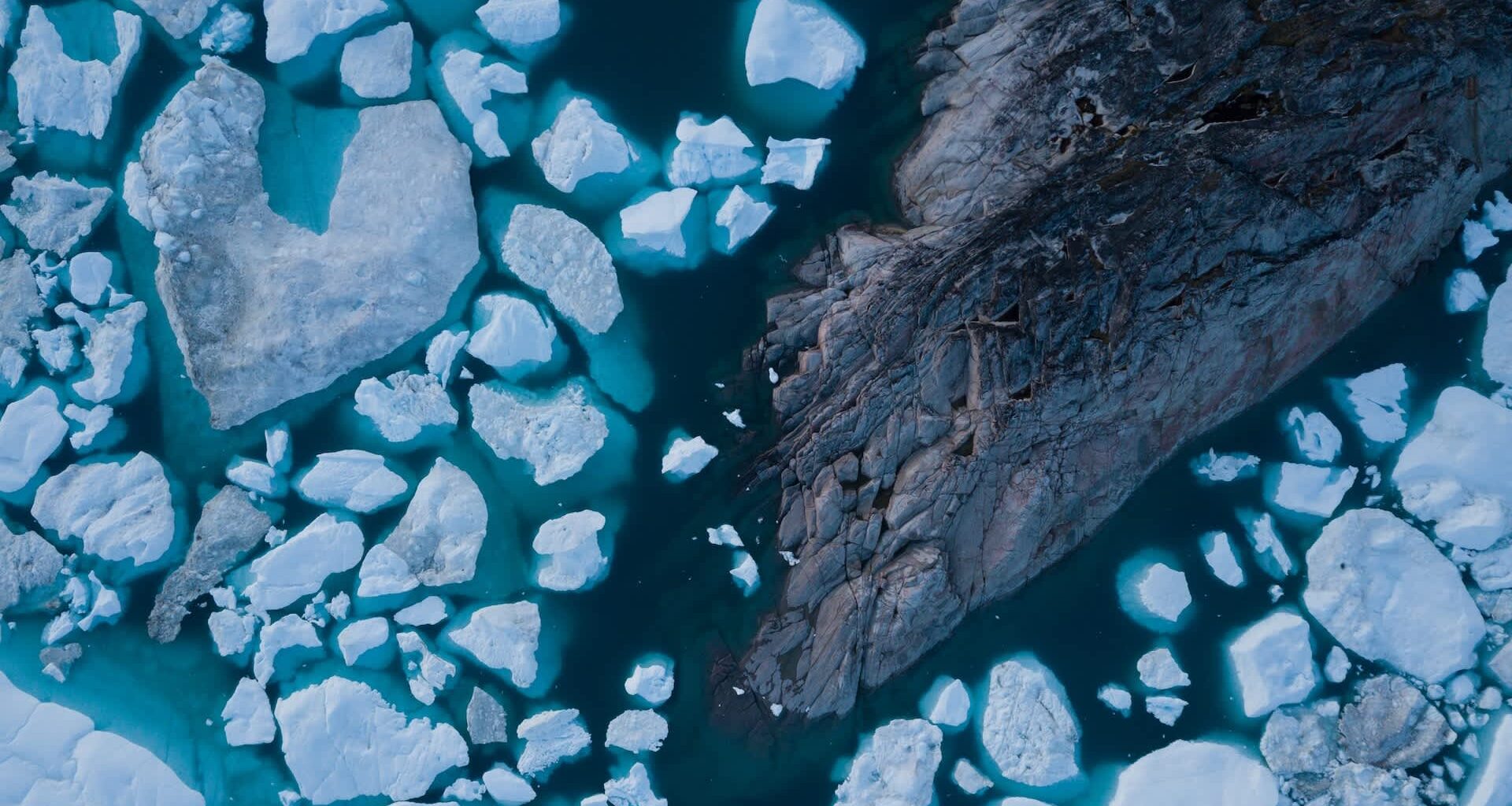Melting ice sheets are nothing new, with society warned about the dangers of this for years.
However, one Medium writer has sounded the alarm over what’s happening at both ends of the Earth and why you should be paying attention now more than ever.
What’s happening?
“For decades, satellites have tracked the rhythmic pulse of sea ice expanding and shrinking each year, a predictable planetary heartbeat,” said researcher Ricky Lanusse. “But that pulse has turned erratic.”
The ice that has melted hasn’t reformed, and Lanusse said, “It may never come back.”
This year saw “the second-lowest summer extent in history,” according to Lanusse, which ties with 2022 and 2024. This means that the Antarctic had the second-lowest amount of ice during the summer, and the amount of ice that was missing was larger than the size of Pakistan.
Lanusse cited U.S. National Snow and Ice Data Center data, which showed that on September 17, 2025, the ice hit its winter maximum six days earlier than usual. It was also below its historic average by 900,000 square kilometers. The only part of Antarctica that didn’t have below-average ice was the Ross Sea.
Want to go solar but not sure who to trust? EnergySage has your back with free and transparent quotes from fully vetted providers that can help you save as much as $10k on installation.
To get started, just answer a few questions about your home — no phone number required. Within a day or two, EnergySage will email you the best local options for your needs, and their expert advisers can help you compare quotes and pick a winner.
For the Arctic, Lanusse pointed to figures published in the journal Environmental Sea Letters, which noted summer sea ice has decreased 50% since the 1970s, when researchers first started tracking satellites.
More than 10,000 cubic kilometers of ice are gone. The Arctic’s worst year was in 2012, and while it may seem like the ice melt has stabilized, the lowest sea ice extents have all happened over the past 19 years.
Scientists were actually expecting this slowdown, as indicated in a paper published in Geophysical Research Letters in 2015, but they all agree the ice will continue to vanish.
Lanusse said, “We say ‘the system is broken,’ but it’s not. It’s reacting — exactly as physics dictates.”
Why are melting ice sheets concerning?
As ice sheets continue to melt, the seas will continue to rise. Sea levels saw record highs in 2023, reaching 4 inches higher than it was 30 years prior.
As the planet continues to warm, more ice will melt, and sea levels will continue to rise. Warming temperatures also intensify extreme weather events such as hurricanes. Those storms can bring higher tides due to the higher sea levels.
All of this puts coastal communities in danger, risking homes, businesses, and lives.
What can be done about melting ice sheets?
The best way to combat ice sheets melting is to lessen society’s reliance on dirty energy sources, such as oil and gas, which produce polluting gases that warm the planet. That can mean switching to cheaper and cleaner solutions, such as solar power and electric vehicles.
It’s also vital to explore critical climate issues, such as melting ice sheets, to better understand what is happening to the planet.
Join our free newsletter for good news and useful tips, and don’t miss this cool list of easy ways to help yourself while helping the planet.


